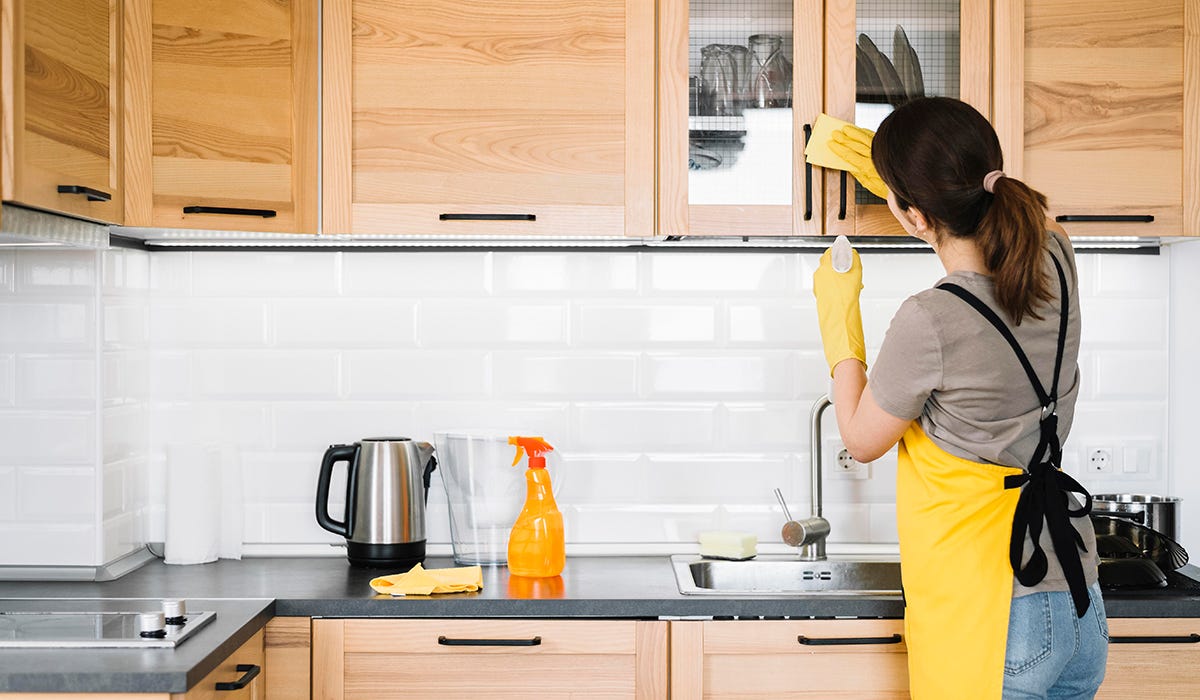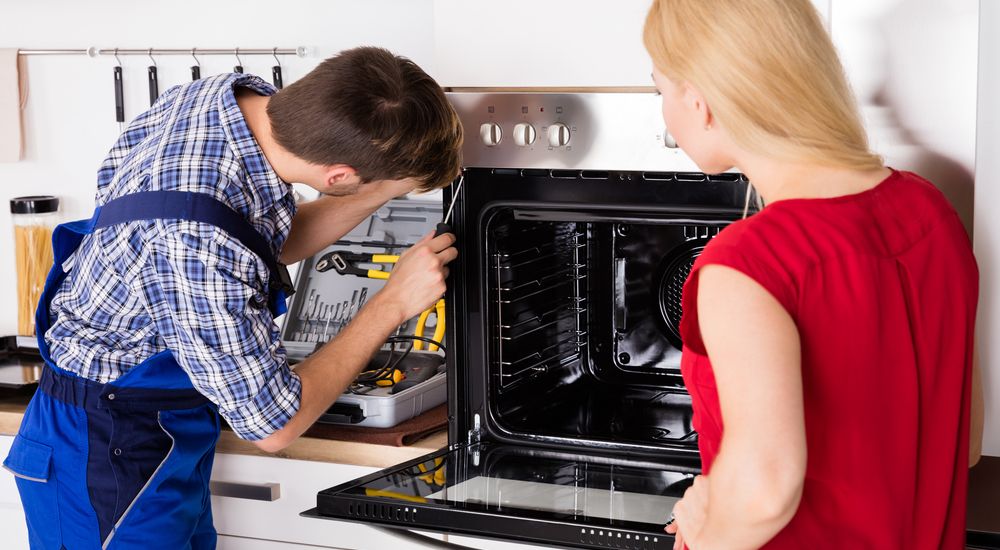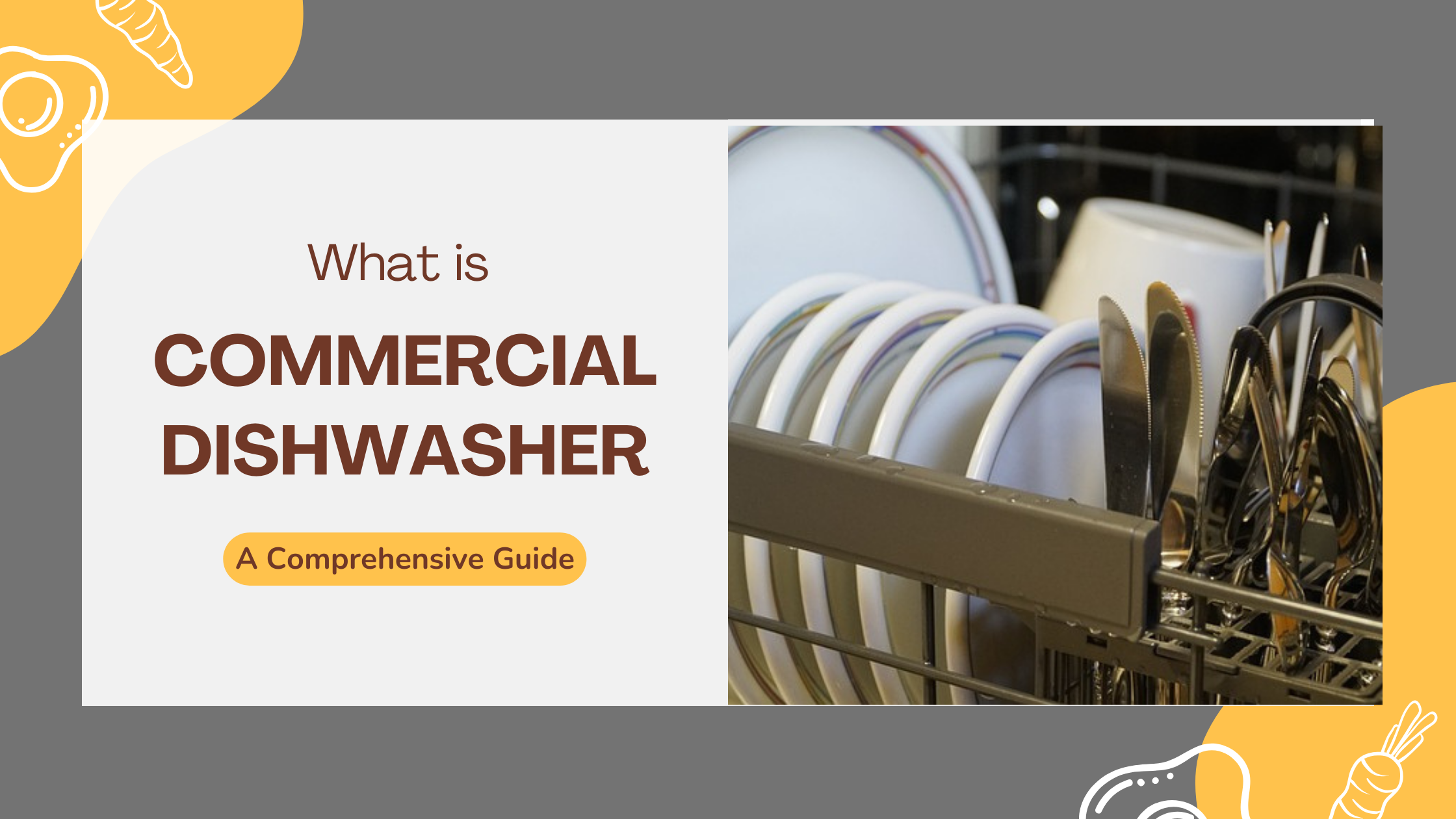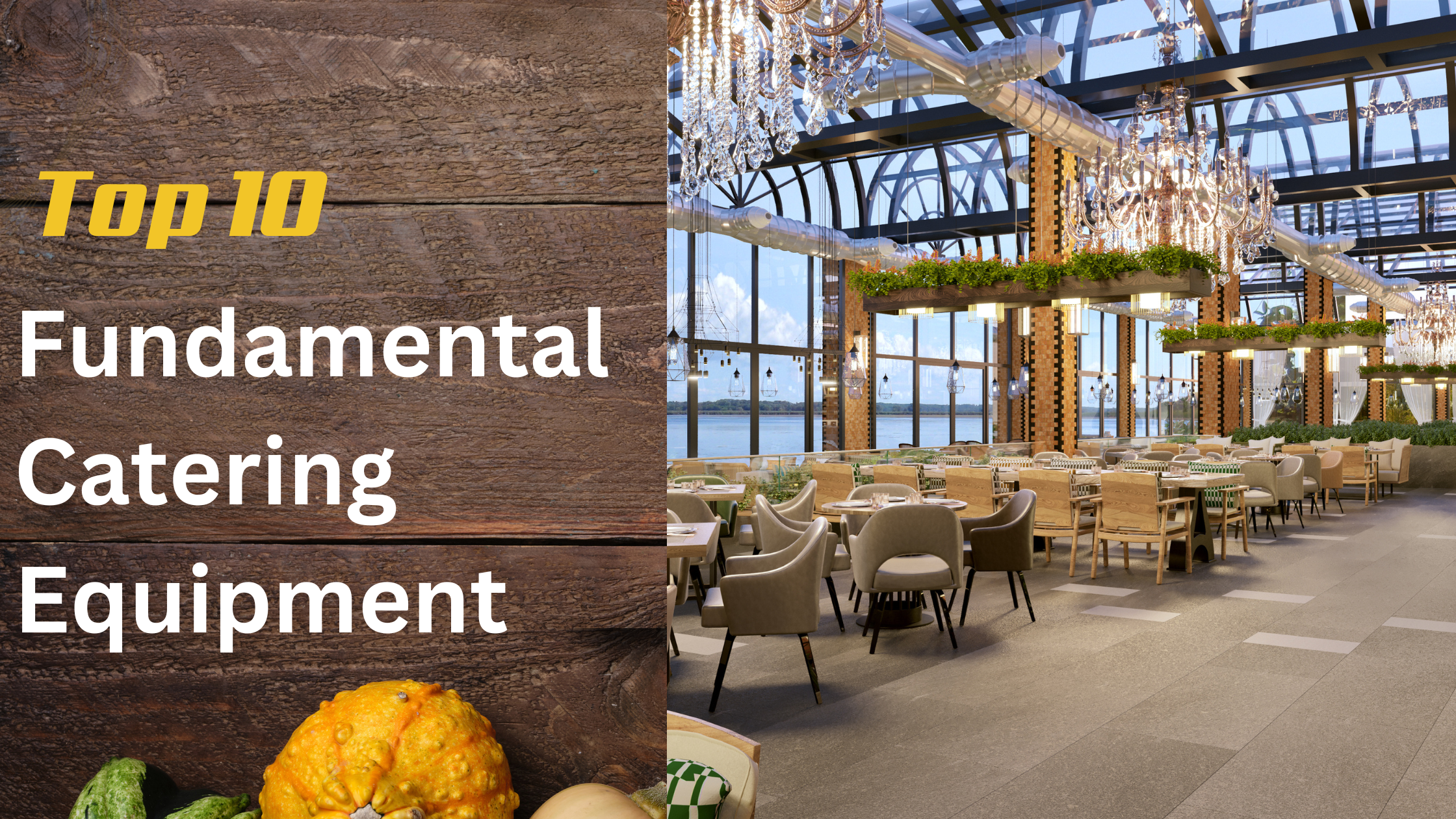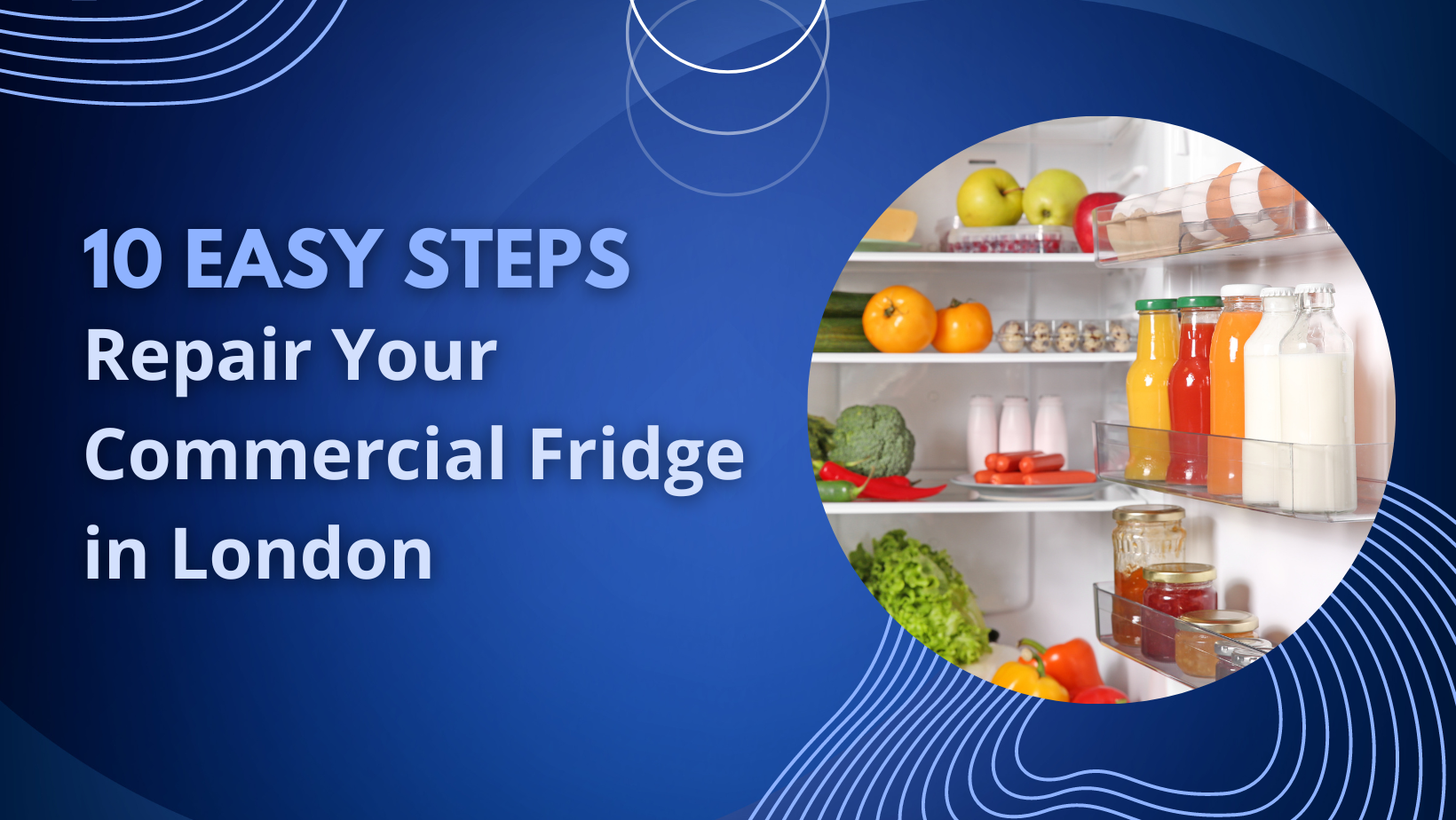A Commercial Refrigeration system plays a important role in any kind of business operation. It contains various components which includes compressors, evaporators and refrigerants which go hand-in-hand to regulate the temperature and humidity within the refrigeration section.
Compressors function to compress and distribute refrigerant, with the help of evaporators and condensers which assist in the absorption of released heat. Refrigerant absorbs warmth from cooled surroundings and shifts it to a condenser, whereupon it is expelled into the surrounding vicinity.
In this blog we will be discussing about working of a commercial refrigeration system and how can a commercial refrigerators repair is done simple with ease. Let’s get started.
Components of a Commercial Refrigeration System
Below mentioned are the key components of a commercial refrigeration system:
Compressor:
The heart of any commercial refrigerator is its compressor. It fundamentally cycles the refrigerant and sustains the right level of cool. By pumping compressed gas throughout the system, it distributes the refrigerant entirely. This process generates heat, giving the compressor hotter temperature. Afterwards, this heated substance transfers between the evaporator and condenser units to eliminate excess heat inside that particular area.
Condenser:
Heat extracted from the chilled component is subsequently discharged by the condenser into the surrounding space. This heat exchanger emits heat from the refrigerant outward. Usually positioned on the exterior of the building, the condenser is constructed with coils that aid in transferring heat to the surrounding air.
Evaporator:
The main function of the evaporator is to erase the heat from the commercial refrigerator. Fitted into the refrigerator, this comprises of coils which facilitate the refrigerant into absorbing heat from the surrounding air.
Expansion Valve:
Expansion valves play a crucial role in managing the flow of refrigerant into the evaporator. By using the expansion valve, you have the ability to adjust the flow into the evaporator by lowering the pressure and temperature of the refrigerant.
Refrigerant:
In commercial kitchen refrigeration kit, refrigerant is the main tool which absorbs and releases heat. Through condensation and evaporation at a certain limit of pressure and temperature levels, this chemical substance plays a crucial role.
Thermostat:
The thermostat controls the temperature in the refrigerator. By detecting the temperature of the area, it sends the signal to the control board to turn the compressor on/off. The thermostat makes sure that the interior temperature of the commercial restaurant refrigerator is stable and is functioning properly with the appropriate range.
Common Issues of a Commercial Refrigeration?
Some of the common issues of a commercial refrigeration system are:
Refrigerant Leak:
The utilization of refrigerant, a chemical compound, is crucial for cooling the air within a system. However, if this substance starts to leak, it can lead to a loss of cooling power in the system, potentially causing spoilage of the refrigerator’s contents. In addition to avoiding spoilage, consistent upkeep and timely refrigerator repair commercial can lead to cost savings on energy expenses and improved food safety measures.
Electrical Problems:
Commercial refrigeration system rely on electricity to function which can cause heavy problems if the electricity power goes down. It could be anything from malfunctioning of the thermostat to a circuit breaker.
Dirty Coils:
The coils in the refrigeration system are responsible for transferring heat out of the system. If they become dirty, they might not be able to work effectively, which can lead to a reduction in the cooling power of the system.
Conclusion
Commercial refrigeration plays a critical role in preserving the perishable goods and making sure that the perishable goods are preserved making sure that the consumption is safe. Understanding the commercial refrigeration is essential for anybody who is dealing in refrigeration equipment.

 0800 644 2727
0800 644 2727

